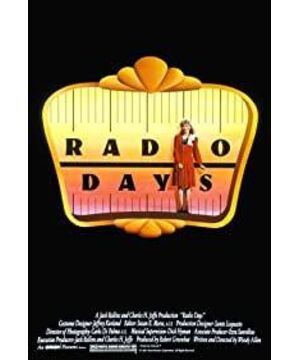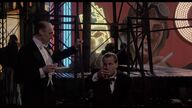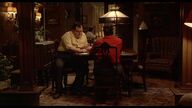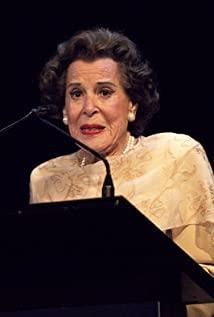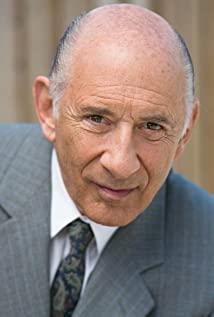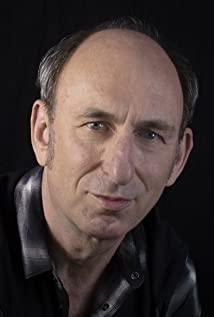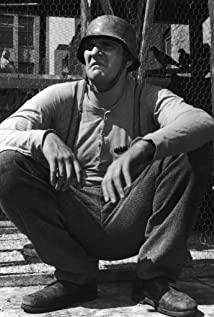"Radio Age" has another beautiful translation: "The Sound of Time", which is Woody Allen's nostalgia for his childhood "Radio Age". As he puts it, "My original intention was to miss songs that were significant in my childhood, and from these songs I got inspiration for scenes that could add color to memories. If I faithfully restore my memories, " Radio Age' would be a movie about twenty-five songs and the stories behind them." He treated it with "caricature hyperbole" and "mostly an exaggerated parody of my childhood experiences", which he did not star in. , but as a narrator, telling the stories one by one; the stories surrounding the radio, telling the various lives in the extended family, are ingeniously composed of anecdotes (Albert thinks this is Woody's "Arkmade", although the latter said "not quite"); if Leone composes his memories into a symphony composed by Morricone, Woody ties his childhood with radio hits; we I saw two thieves accidentally guessing the radio prize and brought a batch of furniture to the householder; the innocent girl in the nightclub became a well-known and dignified announcer under a series of coincidences (a role tailored for Mia, which shows her strength) ; in the thick fog, panicking for Wells' vivid "Mars Invasion Fact Sheet"; and praying and griefing for the unfortunate little girl who fell into the well with audiences across the country (the same incident was killed by Billy White. German "insidiously" adapted into "Upside Down Ace"); and a glimpse into the life of a Jewish family (and Woody's rare "most direct confrontation with his racial identity"): Quarrel parents , the aunt who yearns for love but fails repeatedly, the cousin who loves to eavesdrop and the clever "I", you can hear the Marxist teaching "religion is the opium of the people", driven by panic and curiosity, look at the German people from the seaside. Planes and submarines; because of the influence of memories, he romanticized childhood, making it as beautiful as soaking in drizzle; in Ambilight, "(Radio City) is like heaven, I have never seen such a beautiful place" , like a footnote to that golden age.
The end of the new year, in Diane Keaton's "You'd be so nice to come home to", ushered in 1944, "I will never forget 1944 New Year's, will not forget these years, will not forget the sounds on the radio, but with each new year they seem to get weaker and weaker..." The golden age of radio will also come to an end, and in the happy ending, Sadness is already contained, but the genius is, as Richard Schickel puts it, "just as much about the changes in fashion and mainstream ideas that will eventually turn Woody's more graceful New York into a historical relic. Not a word was mentioned." The film ends with the sentence "This is how the world ends", which seems to shed tears for the era that is gone.
View more about Radio Days reviews


